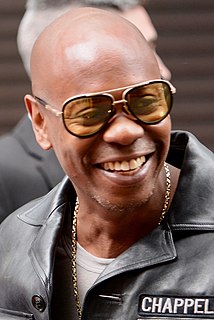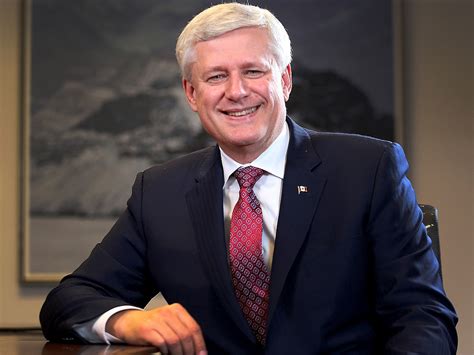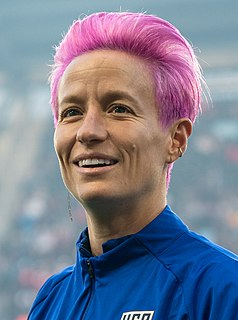A Quote by Eric Holder
People feel uncomfortable talking about racial issues out of fear that if they express things they will be characterized in a way that's not fair. I think that there is still a need for a dialogue about things racial that we have not engaged in.
Related Quotes
I still think that we have a hesitance to talk about things racial. And I think we do it at our detriment. We go from incident to incident, and we have spikes in which race becomes something that we talk about, as opposed to talking about race in those less contentious times when I think we might make more progress.
Talking about freedom, about ethical issues, about responsibilities as well as convenience, is asking people to think about things they might prefer to ignore, such as whether their conduct is ethical. This can trigger discomfort, and some people may simply close their minds to it. It does not follow that we ought to stop talking about these things.
As a writer I'm committed to exploring what I call "The invisible things" - the things that people aren't talking about. I think that's where the juiciest conversations and the juiciest drama lives. My goal with the series is to get people talking about and reflecting on how issues of race play out in their own lives. Since I've spent a fair amount of time watching time travel shows and movies where the leads are White (and can blend in really easily no matter the time period) I thought I would turn that on its head and see what might happen.
There's a certain level of vehemence, it seems to me, that's directed at me [and] directed at the president. You know, people talking about taking their country back. There's a certain racial component to this for some people. I don't think this is the thing that is a main driver, but for some there's a racial animus.
I don't think all comedy should be mindless. Have something that's thoughtful. Maybe some things are tongue-in-cheek; maybe some things are very direct. I like that people have to think about things. That excites me. Because if you say certain things, it starts a dialogue. Even if you disagree, it's still a dialogue.
We are not post-racial. And in many ways we don't even know how to have a conversation about being post-racial. Until we get out of that old-school way of thinking about race and opportunity and the ability to transcend some of the past of this country, then we're going to be stuck in the 20th-century conversation about race.
I don't think he was knowable. I mean, when most people talk about knowing somebody a lot or a little, they're talking about the secrets they've been told or haven't been told. They're talking about intimate things, family things, love things," that nice old lady said to me. "Mr. Hoenikker had all those things in his life, the way every living person has to, but they weren't the main things with him.
She [Hillary Clinton] knows the people well. I think there is - you know, also talking about breaking down barriers and talking about that, whether we`re talking about that in economic terms. I mean, she`s the only person who has been out there talking about white privilege and talking about sort of the intersectionality of some of these issues.
There is more racial integration in American life and many more people of color serving as elected officials and corporate leaders than there were during my father's time. But there is also reason for concern about new forms of racial oppression, such as measures to make it harder to vote, racial profiling and crushing public worker unions.
































